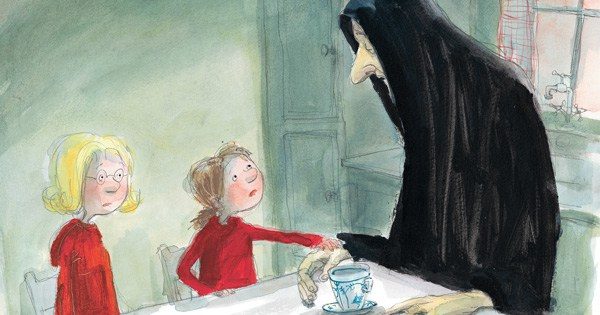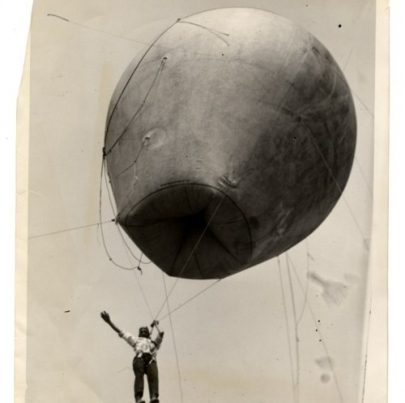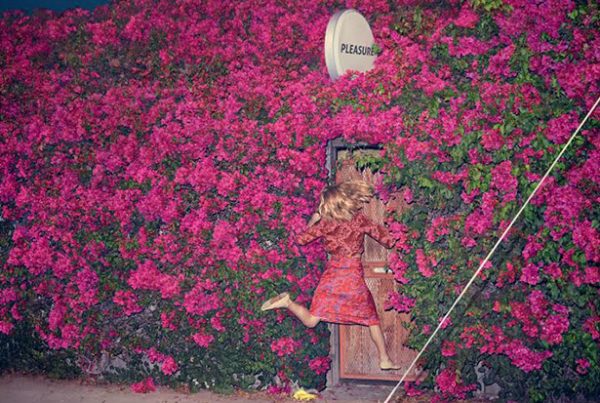The other day my youngest son was given his first key. (I don’t remember my first key. Hello Kitty diary? Bicycle lock?) My son’s key is to a greenhouse located in Trinity Bellwoods Park in Toronto. Every member of his school’s “Sowers and Growers” club received a copy to celebrate the end of their first year.
Anna, the parent who started the club, has single-handedly introduced my son to the natural world in a way that amazes me and makes me want to buy her vats of herbal tea in appreciation. The other day I volunteered to help the club plant a native flower garden in the schoolyard. There were dozens of pots of bergamot, echinacea, various grasses, enough to keep us busy through the lunch hour. My small group worked under the blazing sun without complaint. One six-year-old boy—let’s call him “T”— particularly impressed me. He was a great digger and so quiet. When he removed the plants from their pots and loosened the roots he was intent and gentle and he never flooded the holes with too much water. Occasionally he would find a worm and dangle it for me to see. This was not malevolent dangling, so much as horticulturally excited dangling.
All of this would be fairly unremarkable were it not for the fact that T has a reputation for being a hell-raiser in class. He had a “habit” of hitting his classmates without provocation and is generally known for his defiance and restlessness.
As I gardened with T and took in his pleasure and calm, I was reminded of a book I read a couple of years ago called Last Child in the Woods: Saving Our Children from Nature-Deficit. The author, Richard Louv, argues that our children’s diminished connection with nature may be at least partially to blame for the proliferation in behavior disorders and specifically Attention Deficit Hyperactivity Disorder (which he renames “nature deficit disorder”). As he puts it, “Reducing that deficit—healing the broken bond between our young and nature—is in our self-interest, not only because aesthetics or justice demands it, but also because our mental, physical, and spiritual health depends upon it. The health of the earth is at stake as well. How the young respond to nature, and how they raise their own children, will shape the configurations and conditions of our cities, homes—our daily lives.”
Maybe T is just a pent-up farmer.
As for my son, all I know if that he will not be parted with his key, which he wears on a string around his neck at all hours. His pride is gargantuan and I know it has something to do with proprietorship and power but it also has a lot to do with Anna and seeds and the simple act of caring for something grounded and fragile and alive.
He may not be a natural ‘green thumb’ (I’m certainly not, just ask my sad indoor plants) but he has a small copper key and a love of dirt.



